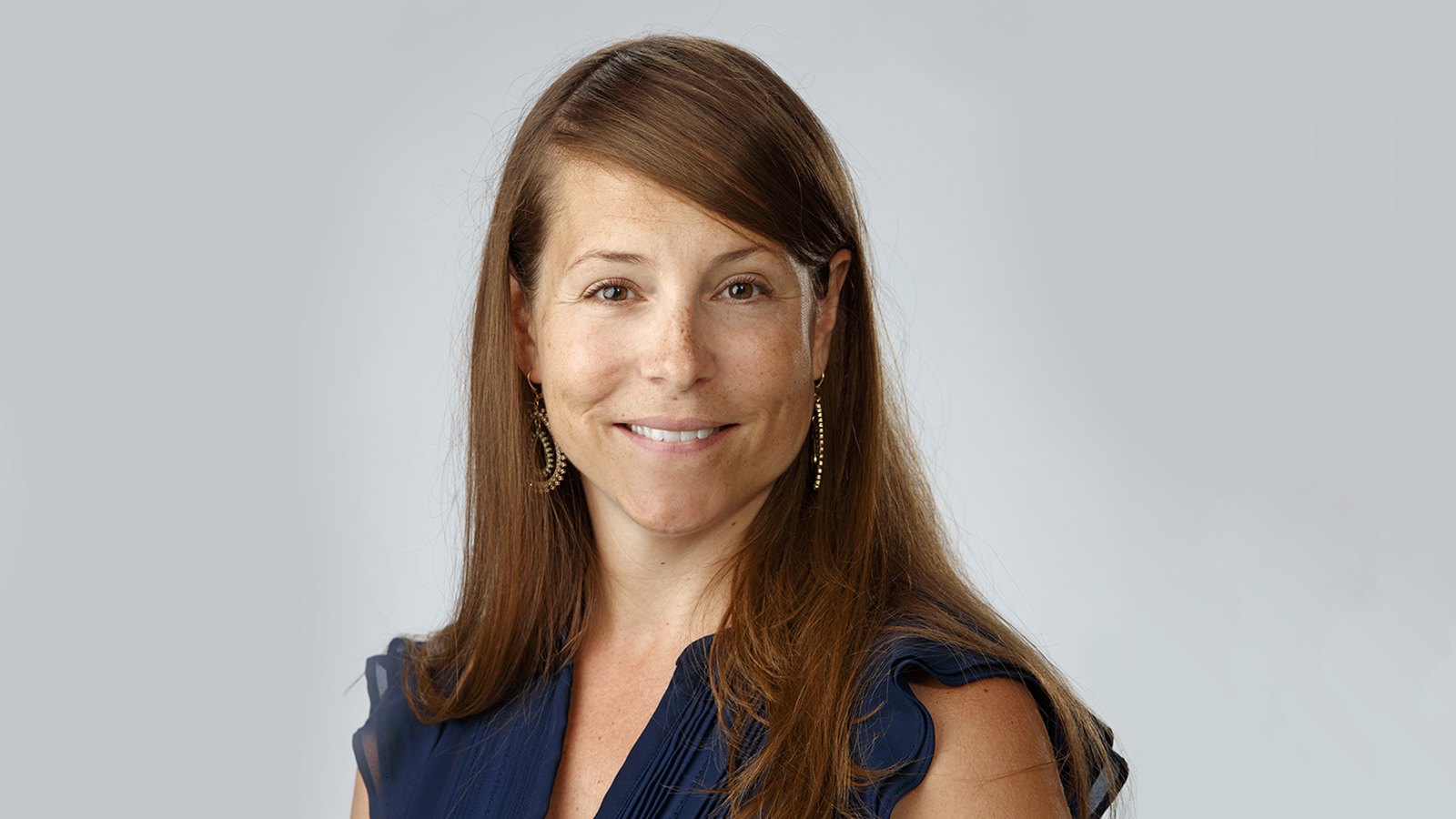
Anne Thomas prepares for dissertation defense
01 Mar 2017 By Kelcey Buck
Anne Thomas began her current position as a lecturer in the University of Nebraska-Lincoln Department of Special Education and Communication Disorders in August 2016. She coordinates Nebraska's Deaf Education program and teaches academic courses focused on preparing professionals to work effectively with students who are deaf and hard of hearing.
Thomas is also nearing the finish of her pursuit of a doctorate educational studies with a focus in early childhood deaf education. Her dissertation research focused on the validity of the Vocal Development Landmarks Interview (VDLI), a newly developed parent report measure designed to assess the early vocal development of infants and toddlers, ages 6 to 21 months, who are deaf and hard of hearing.
Thomas is scheduled to defend her dissertation beginning at 10 a.m. Monday, March 6, in room 313 of the Barkley Memorial Center. She will also be presenting information from her dissertation research at a brown bag session beginning at 1 p.m. Friday, March 3, in room 131 of the Barkley Memorial Center.
What spurred your initial interest in deaf education?
When I was a senior in high school, I worked at a restaurant that taught sign language courses in the basement. My manager was the American Sign Language (ASL) instructor. One day we were talking about my foreign language requirement and she suggested that I take ASL. A couple weeks later I looked into it, and although ASL wasn't formally offered as a foreign language at the time, I eventually got it approved as my foreign language. Once I started taking ASL classes, I became more interested in the people who communicated using the language.
You've had the somewhat unique opportunity this year to serve as a faculty member, while also completing your doctoral work. What has that experience been like for you?
It has certainly been a challenge, but at the same time very rewarding. This experience has taken my time management skills to a whole new level. It has also given me an opportunity to get "a taste" of what life is like for a rigorous full-time professor who has multiple deadlines for papers and projects, while at the same time has courses to teach, students to advise, committees to serve on, and a family to support.
How were you able to use your previous experience as a teacher of the deaf at the middle and elementary school levels in your current role?
I don't think I could do this job without having the experience as a teacher of the deaf (TOD). It has allowed me to truly connect with my students and empathize with the challenges and rewards they face as teachers of this unique population of students. I have also found that some of my experiences as a TOD can actually be used as teaching/learning opportunities in my classes, which comes in handy.
What were your biggest takeaways from your dissertation research?
There are too many to name. I guess one of the biggest takeaways is the learning and personal growth that I experienced through this process. I learned that research is a truly iterative process and that new insights can be gained with each question you ask. I also learned that if you pick the right study for your dissertation research, it may be the beginning of a research career. Going into this study, I really had no idea where it would lead. Now that it is over, I am already thinking, "OK, what's the next study?"
What are your plans after completing your doctorate?
As a treat to myself and my family for putting up with me throughout this endeavor, we are taking a two-week trip to Italy this summer. Then it's back to work, where I am hoping I will have a little more time to focus my attention to introducing some new content in my courses and getting started on the next phase of research for the VDLI.
Special Education and Communication Disorders